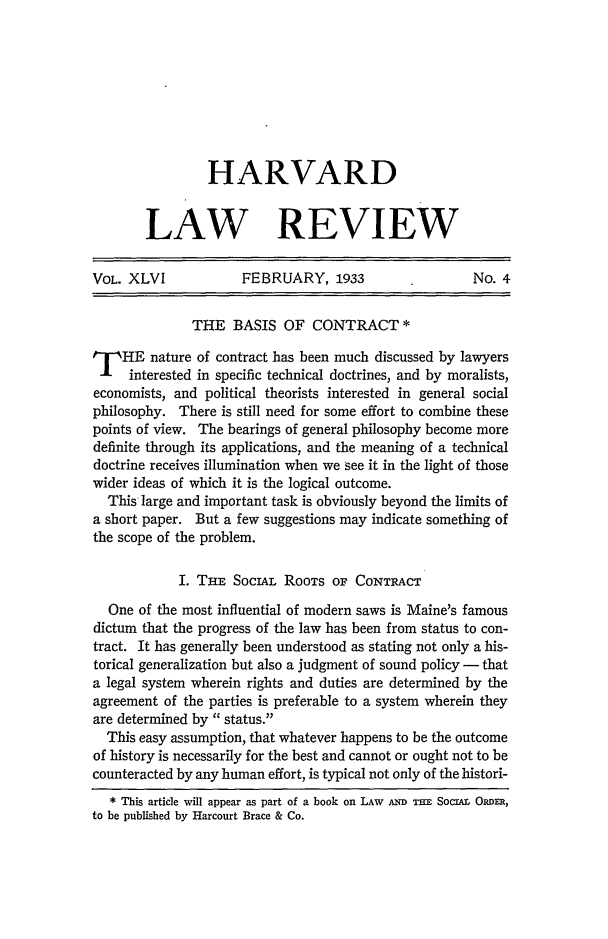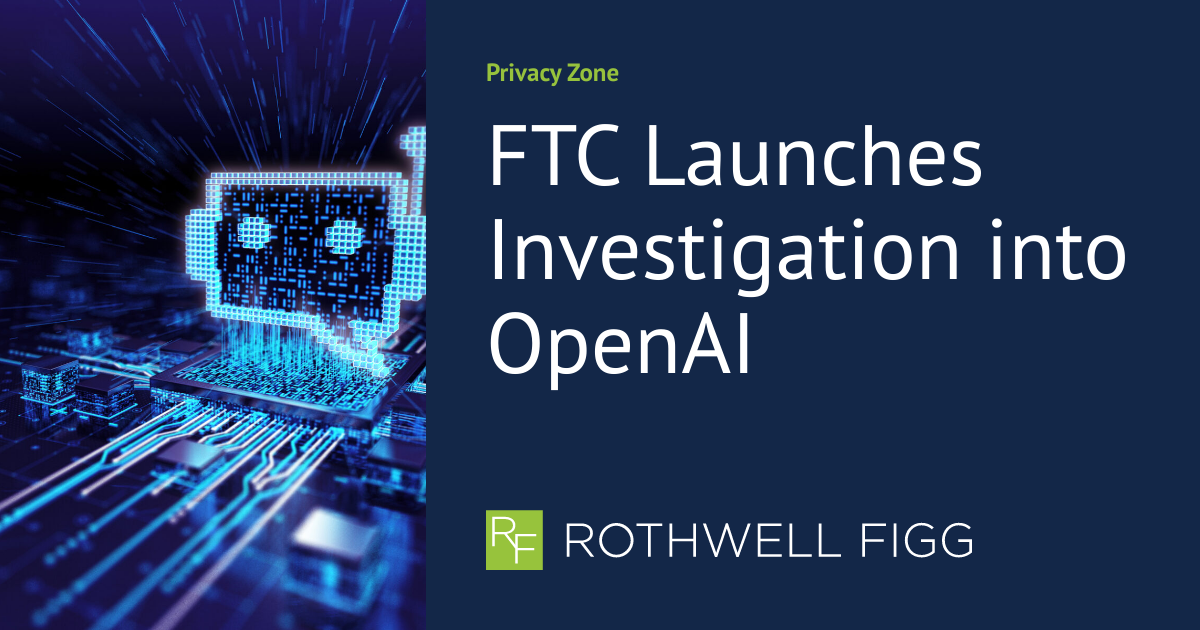Legal Ramifications Of Revoking Harvard's Tax-Exempt Status

Table of Contents
The IRS Code Section 501(c)(3) and its Relevance to Harvard
Harvard University, like many other non-profit institutions, operates under the provisions of IRS Code Section 501(c)(3). This section grants tax-exempt status to organizations that operate exclusively for charitable, religious, educational, scientific, literary, testing for public safety, fostering national or international amateur sports competition, and the prevention of cruelty to children or animals purposes. Maintaining this status necessitates strict adherence to specific criteria. Harvard, to retain its 501(c)(3) designation, must demonstrably fulfill these requirements.
- Charitable Purpose: Harvard must prove its activities consistently serve the public good through education, research, and community engagement.
- Public Benefit: Its educational programs and research outputs must demonstrably benefit the broader community, not just its students and faculty.
- Non-Profit Distribution: Profits cannot be distributed to private shareholders or individuals. All revenue must be reinvested in the institution's mission.
The IRS could revoke Harvard's tax-exempt status through an audit process, identifying violations of 501(c)(3) regulations. This process involves investigations, requests for documentation, and ultimately, a determination of whether Harvard continues to meet the standards for tax exemption.
Potential Legal Challenges to Revocation
Should the IRS move to revoke Harvard's tax-exempt status, the university would undoubtedly mount a vigorous legal challenge. The burden of proof would lie squarely with the IRS to demonstrate clear and substantial violations of 501(c)(3). Harvard's legal team could employ several arguments:
- Due Process Violations: Harvard could argue that the IRS's procedures violated its due process rights, lacking transparency or fairness.
- Arbitrary and Capricious Actions: The university could claim the revocation was arbitrary and capricious, lacking a rational basis or substantial evidence.
- Discriminatory Enforcement: Harvard might allege that the IRS is selectively targeting it, while overlooking similar potential violations in other institutions.
These legal challenges could tie up the case in court for years, incurring significant legal fees for both parties involved. The legal ramifications of a revocation are far-reaching and potentially expensive.
Financial Consequences of Revocation for Harvard and its Stakeholders
The financial consequences of revoking Harvard's tax-exempt status would be dramatic and far-reaching.
- Immediate Impact: Harvard would immediately lose its tax exemption on its endowment and other income streams, leading to a significant increase in its tax burden.
- Tuition Increases: To offset the loss of tax-exempt status, the university would likely be forced to dramatically increase tuition fees, impacting students' access to higher education.
- Faculty Salaries: Faculty salaries and research funding could be affected, potentially leading to staff reductions or salary cuts.
- Donor Impact: The revocation could deter future donations, significantly impacting the university's long-term financial sustainability. Potential donors might hesitate to contribute to an institution facing increased legal and financial burdens.
- Community Impact: The loss of tax-exempt status could have ripple effects on the surrounding Cambridge community, impacting local businesses and employment.
Precedent and Similar Cases
While revoking the tax-exempt status of an institution as prestigious as Harvard would be unprecedented in scale, there are historical precedents of the IRS taking action against non-profit organizations that failed to meet 501(c)(3) requirements. Examining these cases offers insight into the potential legal battles and outcomes Harvard might face.
- Case Study 1: (Insert details of a relevant case, focusing on the legal arguments, outcomes, and implications).
- Case Study 2: (Insert details of a relevant case, focusing on the legal arguments, outcomes, and implications).
These examples highlight the potential length and complexity of legal challenges following a revocation.
Political and Public Opinion Implications
The political ramifications of revoking Harvard’s tax-exempt status would be substantial, potentially sparking intense debate and political polarization.
- Political Fallout: Depending on the political climate, such an action could become a highly politicized issue, attracting considerable media attention and public scrutiny.
- Public Opinion: Public opinion would likely be sharply divided, with some supporting the revocation and others criticizing it as an overreach of government authority.
- Impact on Other Non-Profits: The decision could set a precedent, impacting the tax-exempt status of other non-profit organizations, creating uncertainty and fear within the sector.
Conclusion: Understanding the Complex Legal Ramifications of Revoking Harvard's Tax-Exempt Status
Revoking Harvard University's tax-exempt status presents a complex web of legal ramifications, financial uncertainties, and political consequences. The potential legal battles, coupled with significant financial impacts on Harvard, its students, faculty, and the surrounding community, are considerable. Understanding the intricacies of the legal ramifications of revoking Harvard's tax-exempt status is crucial for anyone interested in non-profit law and governance. Continue your research by exploring the IRS Code Section 501(c)(3) in detail, examining past cases of tax-exempt status revocation, and analyzing the potential impact on other non-profit institutions. The implications extend far beyond Harvard, shaping the future of non-profit organizations and the legal landscape of higher education.

Featured Posts
-
 Diego Pacheco And Christian Mbilli A May Date Set For Boxing Battle
May 04, 2025
Diego Pacheco And Christian Mbilli A May Date Set For Boxing Battle
May 04, 2025 -
 Open Ai Facing Ftc Investigation Understanding The Concerns
May 04, 2025
Open Ai Facing Ftc Investigation Understanding The Concerns
May 04, 2025 -
 Blake Lively And Anna Kendricks Relationship A Look At The Reported Tension
May 04, 2025
Blake Lively And Anna Kendricks Relationship A Look At The Reported Tension
May 04, 2025 -
 Indy Cars New Home A Look At The Fox Sports Partnership
May 04, 2025
Indy Cars New Home A Look At The Fox Sports Partnership
May 04, 2025 -
 Karaoke And Heartbreak Sydney Sweeneys Post Split Performance
May 04, 2025
Karaoke And Heartbreak Sydney Sweeneys Post Split Performance
May 04, 2025
